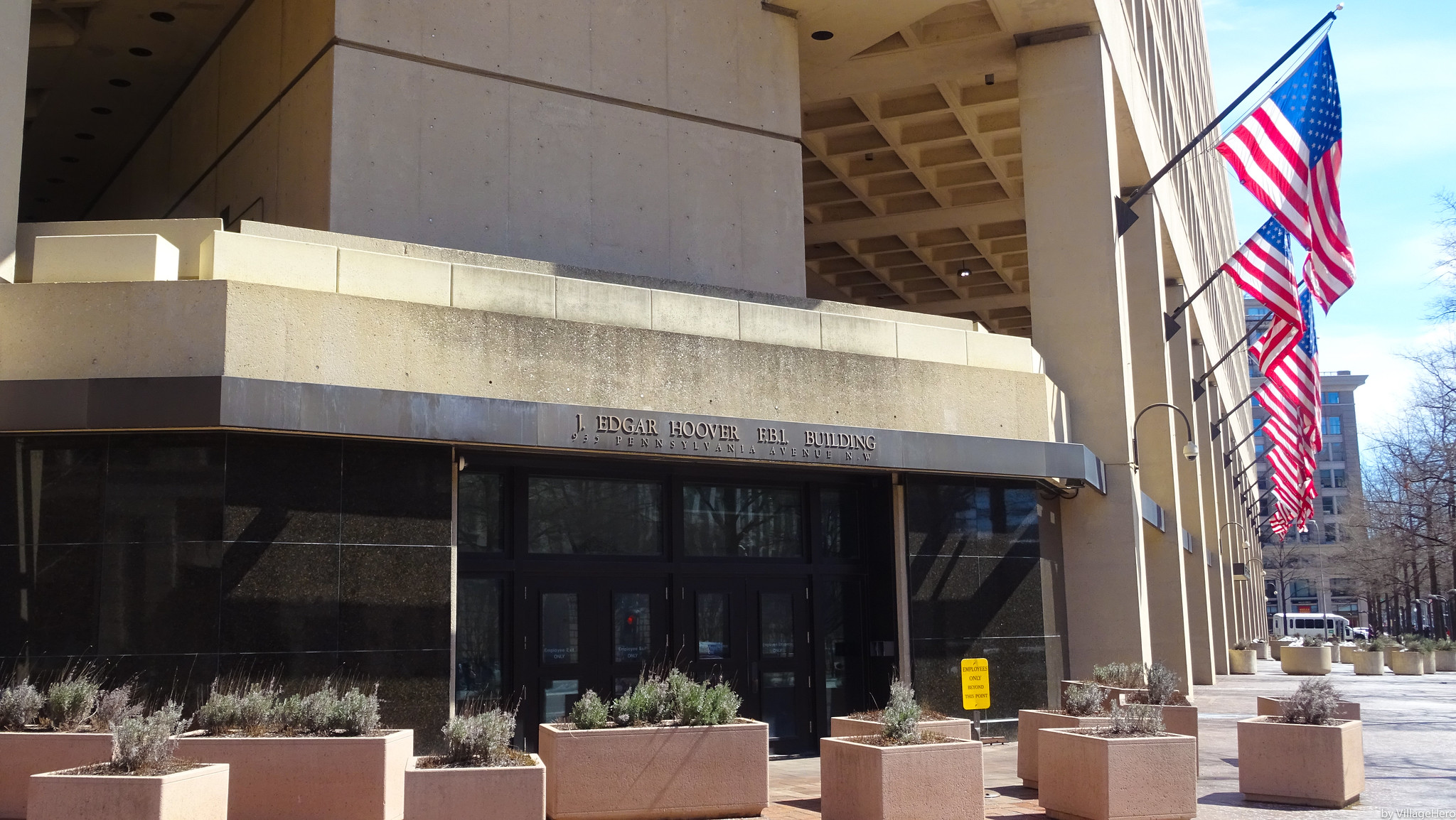Fourth Circuit Rejects Wikimedia’s Suit Against the NSA on Secrecy Grounds
The Wikimedia Foundation, which runs Wikipedia, claimed that the NSA’s “Upstream” surveillance program captures its international communications and is a violation of its First Amendment free-speech rights and its Fourth Amendment rights against unreasonable search and seizure.
Published by The Lawfare Institute
in Cooperation With

On Sept. 15, a divided panel of the U.S. Court of Appeals for the Fourth Circuit upheld the dismissal of a lawsuit brought by the Wikimedia Foundation that challenged parts of the National Security Agency’s (NSA’s) warrantless surveillance program of Americans’ international internet communications. The panel ruled in Wikimedia v. NSA that the lawsuit must be dismissed after the government invoked the state secrets privilege to claim that further litigation could threaten national security. The panel rejected Wikimedia’s argument that a procedure in the Foreign Intelligence Surveillance Act displaces the state secrets privilege and allows the case to move forward.
The Wikimedia Foundation, which runs Wikipedia, claimed that the NSA’s “Upstream” surveillance program captures its international communications and is a violation of its First Amendment free-speech rights and its Fourth Amendment rights against unreasonable search and seizure.
You can read the ruling here and below:


-final.png?sfvrsn=b70826ae_3)

